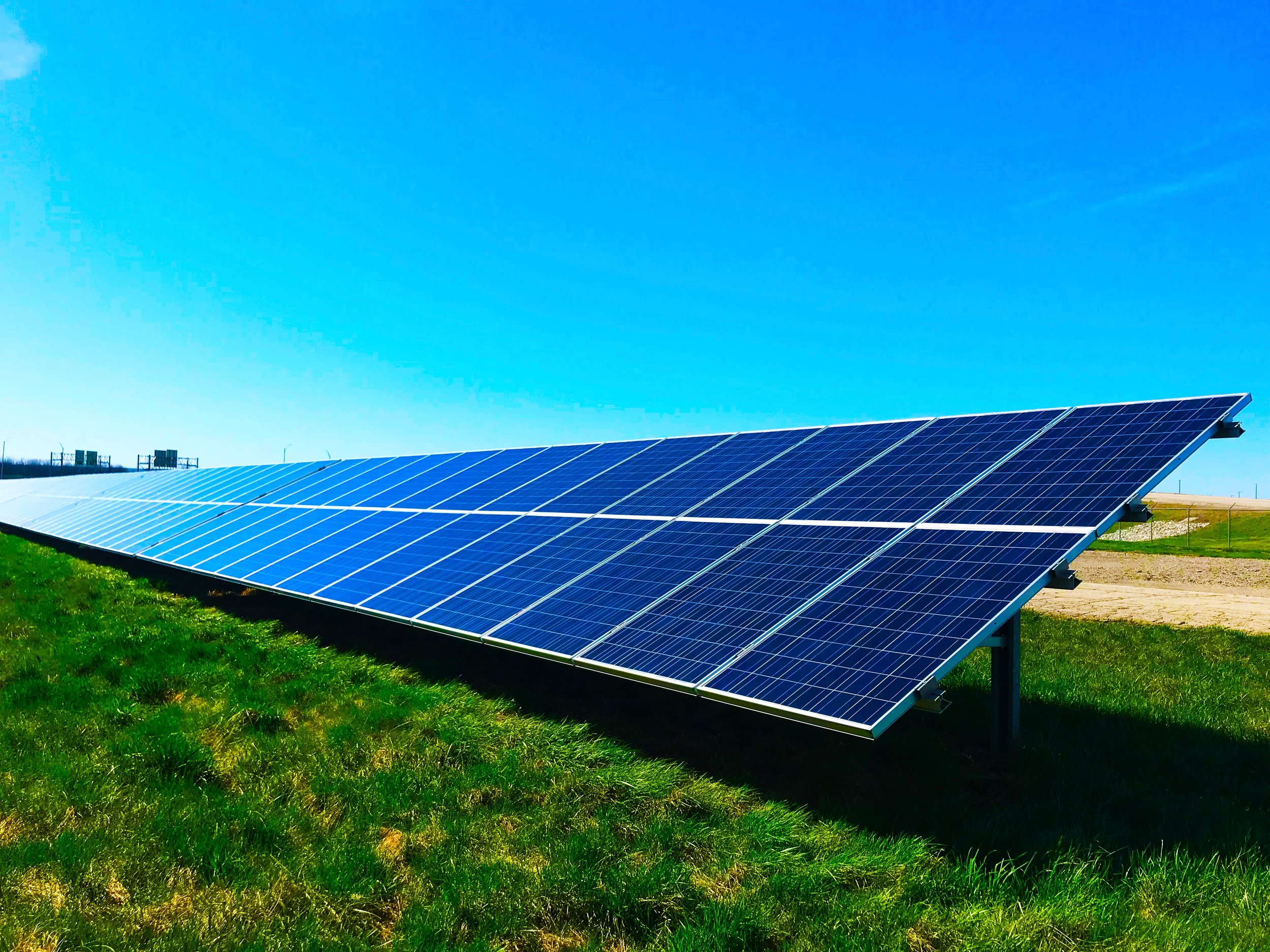Positive Impacts Solar Energy Has On The Environment
As the climate continues to change and weather events become more severe, average homeowners are actively looking for ways to reduce their impact on the environment — from recycling to becoming more energy efficient to reduce their overall power consumption.
Installing solar photovoltaic (PV) panels represents one of the best ways to reduce your carbon footprint and leave a better planet for future generations. This article explains how solar PV technology delivers these benefits — and why every homeowner and business should consider installing PV panels on their properties.
First, it helps to understand the limitations of traditional energy generation and delivery.
How America’s Aging Energy Grid Is Making the Planet Worse
Electricity generation and delivery have historically been the responsibility of monopolistic utilities. These utilities produce energy at centralized facilities before distributing electricity to local communities across transmission lines.
This system has worked for more than a century, and centralized power generation is why we have so many of the modern conveniences we enjoy today.
However, there’s a problem with this approach.
Conventional power generation usually requires burning oil, natural gas, or coal — all of which are fossil fuels that emit CO2 and other greenhouse gases. The cumulative impact of this fossil fuel combustion is a rapidly changing climate as more particulates float into the atmosphere and disrupt the earth’s delicate natural cycles.
This situation isn’t specific to the United States. Most countries around the globe rely on centralized power generation made from dirty fossil fuels. However, being one of the most active economies in the world, the U.S. is also one of the largest greenhouse gas contributors.
How Going Solar Can Help Break This Vicious Cycle
Whereas fossil fuel combustion releases CO2 and other greenhouse gases, solar PV technology does not. Once installed on your home’s roof or in your backyard, your PV panels should convert the sun’s solar radiation into clean electricity — with absolutely zero air pollution released. The fact that modern PV panels run silently in the background to produce this green power also means going solar can help reduce noise pollution as well.
These benefits exist even if you’re only installing a single PV panel on your residential property. However, because solar is a modular technology that easily scales, you can add as many PV panels as necessary to cover your daily, monthly or annual energy requirements.
The more solar power generation capacity you add, the less reliant you become on utility electricity generated from oil, natural gas, or coal. As a result, you benefit from measurable savings as your solar panels help offset your monthly utility bills.
Equally important, you’re able to power more of your life with clean sunshine instead of dirty fossil fuel. This can help dramatically reduce the carbon footprint of your home.
But it gets better.
Going Solar Benefits Everyone in the Neighborhood
Most utility markets allow you to sell excess solar power back into the grid — either in exchange for cash or for credits that you can apply to future electricity statements.
This helps reduce your utility bills even more, which allows you to boost the ROI of your solar power investment. It also means that some of the green electrons that your PV system generates can be used to power other residential, commercial, and industrial properties in that utility market.
In other words, your decision to go solar enables grid operators to scale back their fossil fuel power generation. This helps to “green” the entire electricity grid — leading to even larger carbon offsets.
The true beauty of this system is that anyone with sufficient resources can invest in on-site solar power generation. This allows the cost of decarbonizing society to be spread across many actors. Installers such as Route 66 Solar, for example, work almost exclusively with homeowners — providing affordable PV systems for residential properties.
Is Solar Power Truly 100% Green?
The short answer is no. Manufacturing and shipping PV panels consume a lot of resources (including fossil fuel). Plus, as many older solar installations reach the ends of their useful lifetimes, there are growing concerns about what to do with all of the precious metals and other materials they contain.
However, there are a few things to keep in mind:
According to the National Renewable Energy Laboratory (NREL), it takes about four years for the clean energy generated by solar panels to exceed the dirty energy used to create them.
Modern solar panels last a long time, with high-quality modules typically shipping with 25 years of warranty protection. This means that once installed, your PV panels should pay for themselves environmentally in about four years — followed by at least two decades of clean power after surpassing the energy payback period.
Many newer PV panels are now made with recycling in mind, which allows manufacturers to reuse depreciated components as opposed to mining more materials from the earth.
Are Solar PV Panels Right for You?
Utility bill savings have long been the primary driver behind solar’s explosive growth over the years. However, financial dividends are not the only allure of this clean energy technology. When installing high-quality PV components by well-trained professionals, solar also delivers huge environmental savings — for the system owner and for society at large.
Author Bio: Katelynn Varrige







